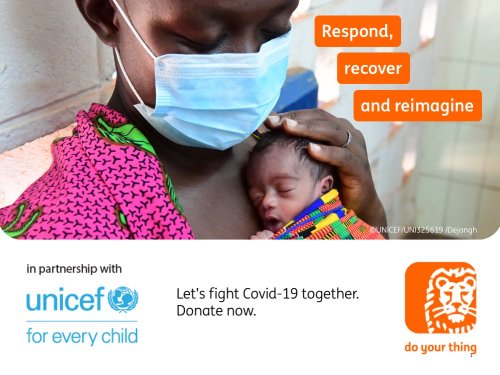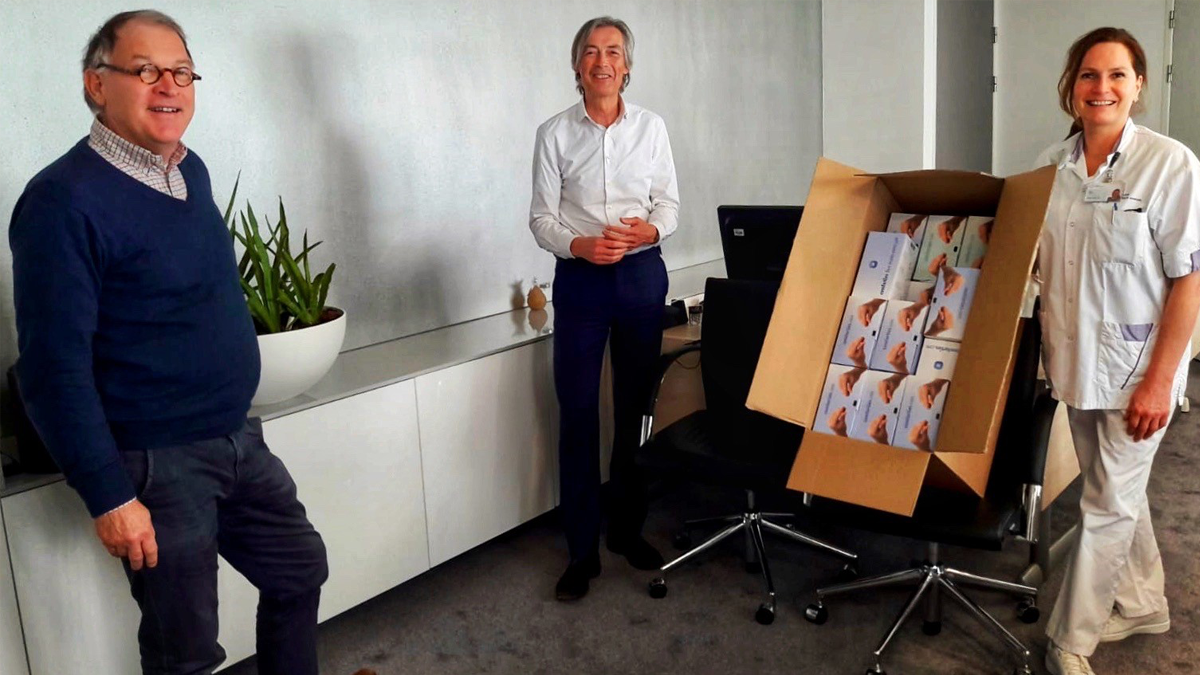Respond, recover and reimagine
ING has joined UNICEF’s global call for action to protect the world’s most vulnerable children from the impact of the coronavirus pandemic.

There’s no time to lose. Without immediate action to deliver essentials, strengthen health systems and maintain routine services for vulnerable children, an additional 6,000 children a day could die due to the direct impact of the coronavirus. That’s more than four children every minute.
That’s why ING has joined UNICEF’s global call for governments, companies, influencers and the public to take action and raise funds. UNICEF needs this to both respond to the crisis as well as help children already affected to recover.
While most of our community support takes place in the communities where we operate (read the article ‘Community in times of corona’), it’s actually many of the other places in the world that are most at risk from the coronavirus pandemic due to less-developed healthcare and sanitation systems.
Given our 15-year partnership with UNICEF, we’ve united again to raise funds for their efforts to help children and vulnerable groups across 155 countries affected by the coronavirus. We aim to raise €1 million, which ING will then match!
Funds will go towards promoting handwashing, hygiene and social distancing to slow the virus’s transmission; providing critical medical and hygiene supplies; and ensuring continuity of health, education and social services for children and their caregivers.
Did you know?
Children and their families living in poverty are among the most vulnerable to the coronavirus, as they’re less likely to access critical medical and sanitation services. Most countries have closed schools, which means that 1.5 billion students are housebound and missing out on the support services schools offer, like lunches. Even when schools reopen, there are 900 million children worldwide who can’t wash their hands with soap at their school, increasing their risk of exposure to diseases like the coronavirus.


